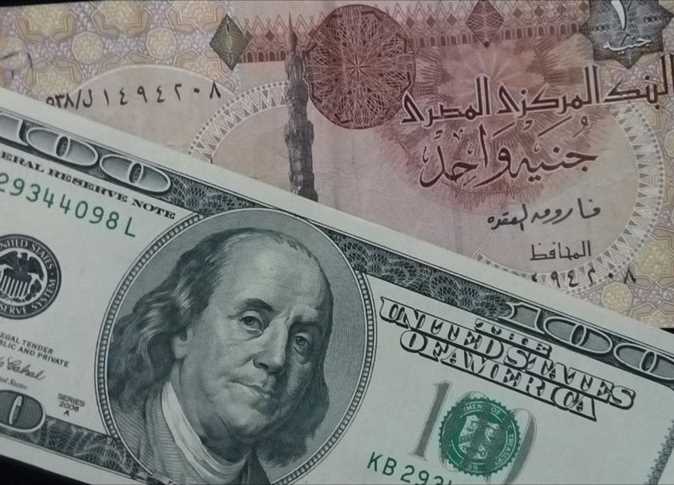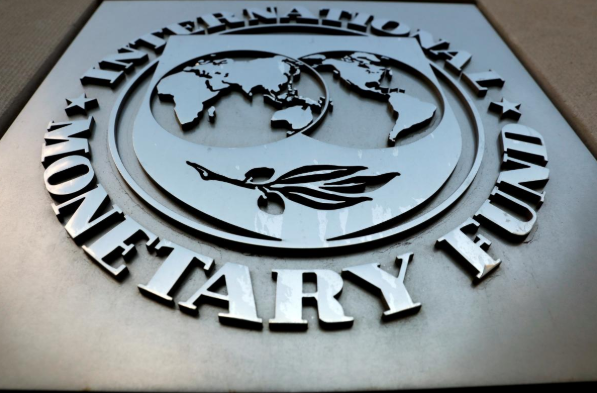NEW YORK/WASHINGTON – Dominique Strauss-Kahn faced growing pressure to quit as head of the IMF after his arrest on attempted rape charges, and Europe sought to fend off a challenge from developing countries to fill a post it has traditionally held.
China, Brazil and South Africa questioned Europe's right to the job but Europeans said it made sense for them to retain the post while the International Monetary Fund plays such a crucial role in helping to ease the euro zone debt crisis.
Strauss-Kahn is expected to remain in New York's Rikers Island jail, known for its gang violence, at least until his next appearance in court on Friday, when his lawyers may again request bail. He was denied bail on Monday.
It could be six months before a trial begins, legal experts said, which could severely impair his ability to run the Fund.
The IMF said it had not been in touch with Strauss-Kahn since his arrest but it would be important to do so "in due course." Two IMF board sources told Reuters the board would ask Strauss-Kahn whether he planned to continue in his post.
One source said it would be ideal if Strauss-Kahn resigned, but the second said that sentiment was not shared across the 24-member board, which has the authority to remove him.
Strauss-Kahn is accused of trying to rape a maid who came to clean his luxury suite at the Sofitel hotel in Manhattan on Saturday. His lawyer has said he will plead not guilty. If convicted, he could face 25 years in prison.
In the United States, the IMF's biggest shareholder, politicians began questioning the viability of his tenure as head of the institution charged with managing the world economy and central to negotiating debt crisis deals.
"I can't comment on the case, but he is obviously not in a position to run the IMF," U.S. Treasury Secretary Timothy Geithner said.
John Lipsky, the second-in-command, is in charge during Strauss-Kahn's absence, but no formal interim chief has been named. IMF sources told Reuters that David Lipton, White House international economic adviser and former deputy treasury secretary, would take Lipsky's deputy position.
Strauss-Kahn's arrest has thrown the IMF into turmoil just as it is helping euro zone states like Greece and Portugal tackle debt woes.
Senate Foreign Relations Committee Chairman John Kerry stopped short of calling for Strauss-Kahn's resignation, but he called the circumstances of the case "troubling if not damning."
"If the evidence is what it appears to be, I think it would be very difficult for him to manage," Kerry said.
In Europe, Strauss-Kahn was also losing support.
"Given the situation, that bail has been denied, he has to consider that he would otherwise do damage to the institution," said Austrian Finance Minister Maria Fekter.
Spanish Economy Minister Elena Salgado cast doubt on Strauss-Kahn's judgment but said it was his decision whether to resign.
"That is a decision which is up to Mr Strauss-Kahn to take, but the crimes he is accused of are very serious … My solidarity first and foremost is with the woman who suffered the attack, if that was what happened," she told reporters.
European job
A European has held the post of managing director since the IMF was created in 1945, and four of them have been Frenchmen.
European Commission President Jose Manuel Barroso told Dutch television on Monday he did not want to speculate about replacing Strauss-Kahn, but added: "If a succession is necessary, European countries should present a candidate."
But emerging countries are starting to flex their muscle over who should succeed him. He had been expected to leave soon anyway to run for French president.
China said on Tuesday the selection of the next IMF boss should be based on "fairness, transparency and merit."
It marked the first time that China, the fund's third largest member, weighed in early and so publicly on an IMF selection debate.
South African Finance Minister Pravin Gordhan and a senior Brazilian government official, who asked not to be named, said the next chief should be from a developing country, pressing a case to give emerging economies a greater say in world affairs.
But Brazilian Finance Minister Guido Mantega said the Strauss-Kahn affair should not be used as a way to press for changes in the way the IMF head is picked, telling GloboNews TV the discussion "is too premature at this point."
"I am all appalled by this situation and I really hope that the situation gets resolved so Dominique can return – he is probably one of the best IMF chiefs that we had in the past years," Mantega said.
German Chancellor Angela Merkel said on Monday the Fund's role in tackling the euro zone crisis meant it made sense for Europe to keep the job, although the post could go to the developing world in the future.
French Finance Minister Christine Lagarde is thought to be interested in the post but her prospects have been clouded by a decision this month by a public prosecutor to recommend a full-scale inquiry into her role in awarding financial compensation to a prominent businessman in 2008.
Socialist solidarity in France
French President Nicolas Sarkozy urged members of his center-right party to show "restraint and dignity" and refrain from comment on the case, participants at a breakfast meeting said.
Socialists, stunned by the arrest of their leading candidate to challenge Sarkozy for the presidency next year, vowed to stick to their timetable to select a candidate by October.
Many have been outraged by the way New York police paraded Strauss-Kahn – handcuffed and unshaven – before the world's media before he had been able to defend himself in court.
Former Culture Minister Jack Lang called the treatment a "lynching" that had "provoked horror and aroused disgust." Other senior Socialists said it violated his right to be presumed innocent until found guilty by a court.
New York Mayor Michael Bloomberg agreed such a display was humiliating and would be unfair if a defendant were to be found innocent. "But if you don't want to do the perp walk, don't do the crime," he told reporters.
"I don't have a lot of sympathy for that. Our judicial system works where the public can see the alleged perpetrators," he said.
The lawyer for the alleged victim, 32, said she was traumatized and in hiding. He said she was a widow with a 15-year-old daughter, who moved to New York from the West African nation of Guinea about seven years ago, he said.
"She didn't have any idea who he was or have any prior dealings with this guy (Strauss-Kahn)," Jeffrey Shapiro, a New York personal injury lawyer, told Reuters.




